

IsoPlexis developed a new library of cells characterized by functional proteomics to complement the genomic-based Human Cell Atlas. The Functional Cell Library (FCL) adds a unique layer of proteomic data on the wide range of superpowered immune and tumor cell types uniquely identified by IsoPlexis' Single-Cell Functional Proteomics.

To capture and connect powerful superhero biology and accelerate advanced, curative medicines. The FCL provides the bridge to leverage unique functional phenotyping data to patient responses in vivo for translational and clinical applications.
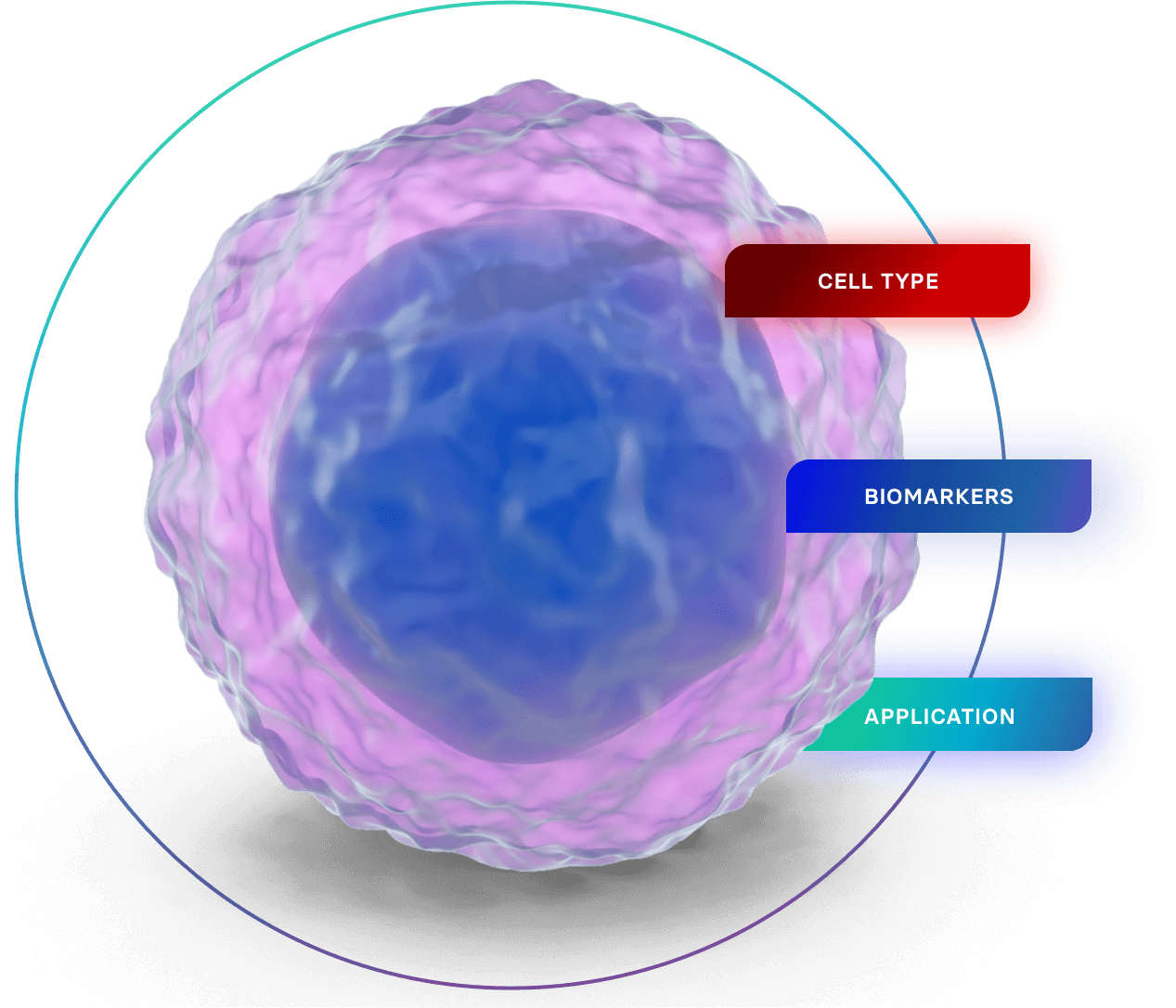
The FCL is a proteomic complement to the Genomic Cell Atlas
The Functional Cell Library (FCL) is the set of all human and animal model cells defined and fully characterized by functional proteomics.
This comprehensive library includes T cells, natural killer cells, monocytes, CAR-T cells directed to hematological and solid tumors, TCR-T cells, melanoma cells, HeLa cells, and other immune cells.
Using IsoPlexis' Single-Cell Functional Proteomics technology, the FCL defines the functional phenotype of each cell, providing the missing insights into the in vivo biology required to advance medicines.
The expansion of the superhero library is driven by peer-reviewed publications showing advancements toward human health. See how the superhero cells are characterized in high-impact journals.
Characterize 10+ Cell Types by Function
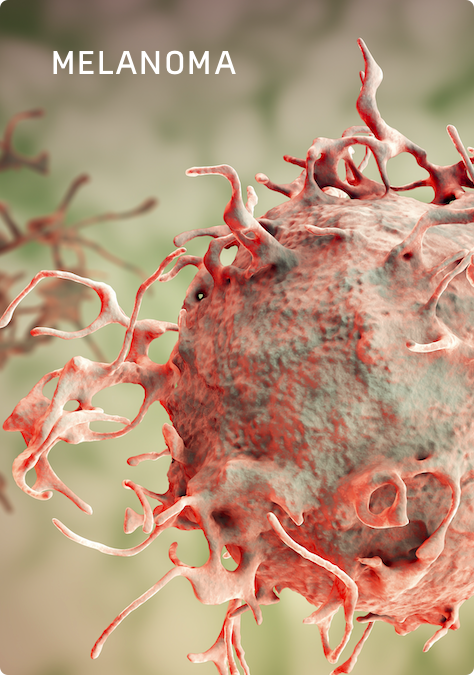



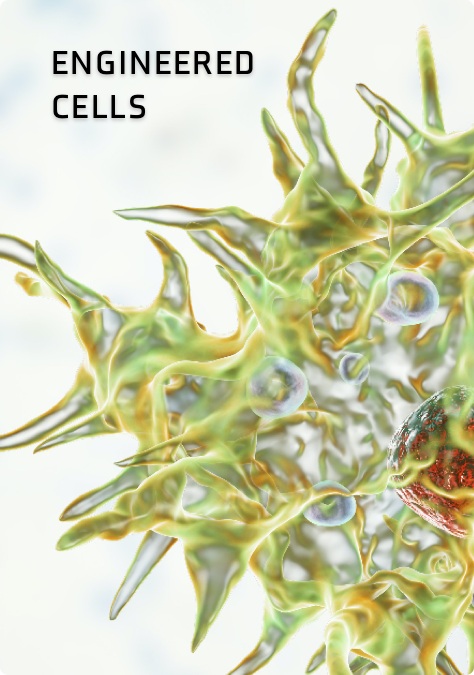
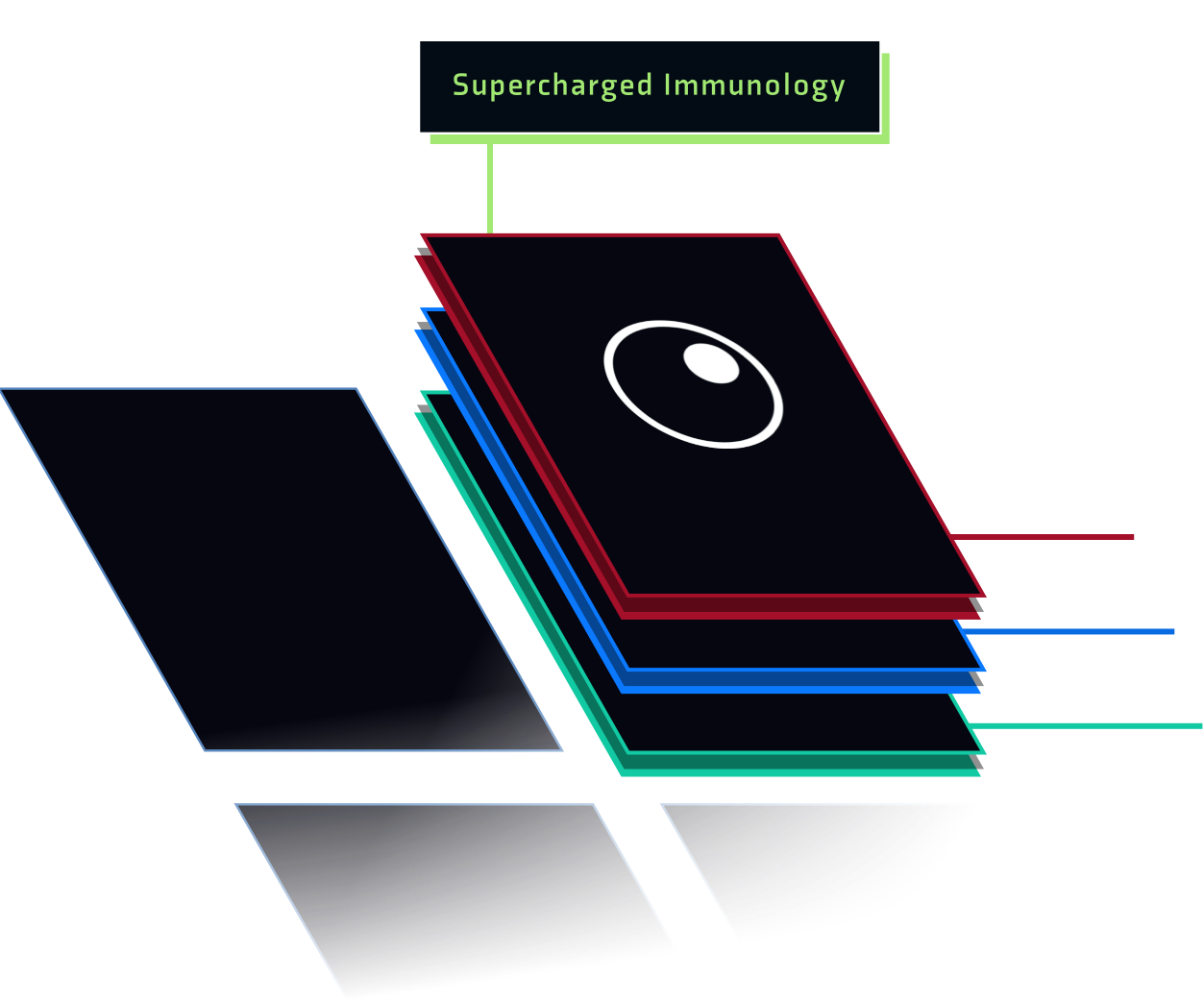
IsoPlexis' Functional Phenotyping reveals the rare subsets of cells that simultaneously secrete multiple cytokines.
These polyfunctional cells are responsible for orchestrating immune responses and are predictive of patient response and disease progression in vivo.
Unmasking these highly polyfunctional cells is imperative in accelerating the development of advanced, curative medicines.
"Superpowers"
- Dr. Rong Fan
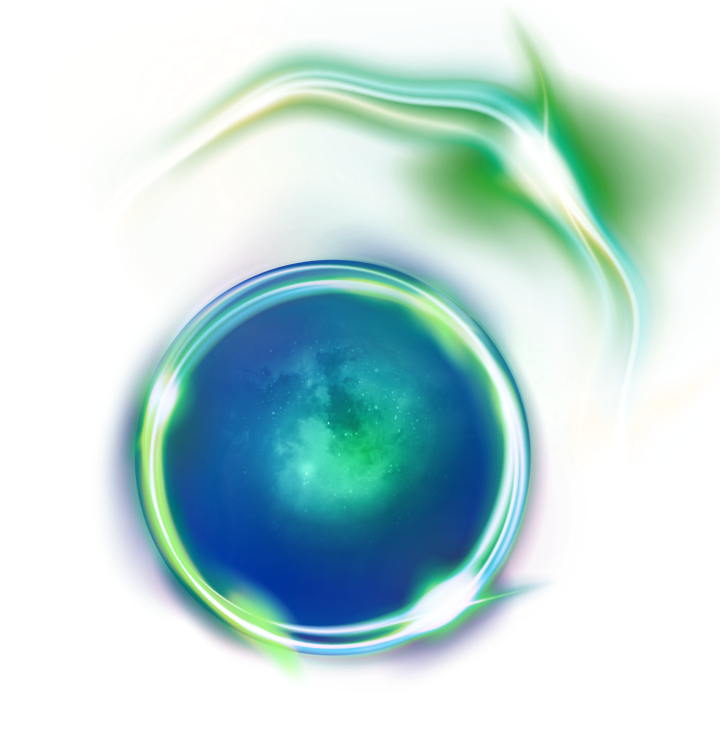
Superhero cells are rare subsets of highly polyfunctional "super cells" that orchestrate the response against tumors and correlate to potency, persistence, and survival.

Supervillain cells are highly polyfunctional "super cells" that drive disease progression and correlate to inflammation, toxicity, and resistance.






